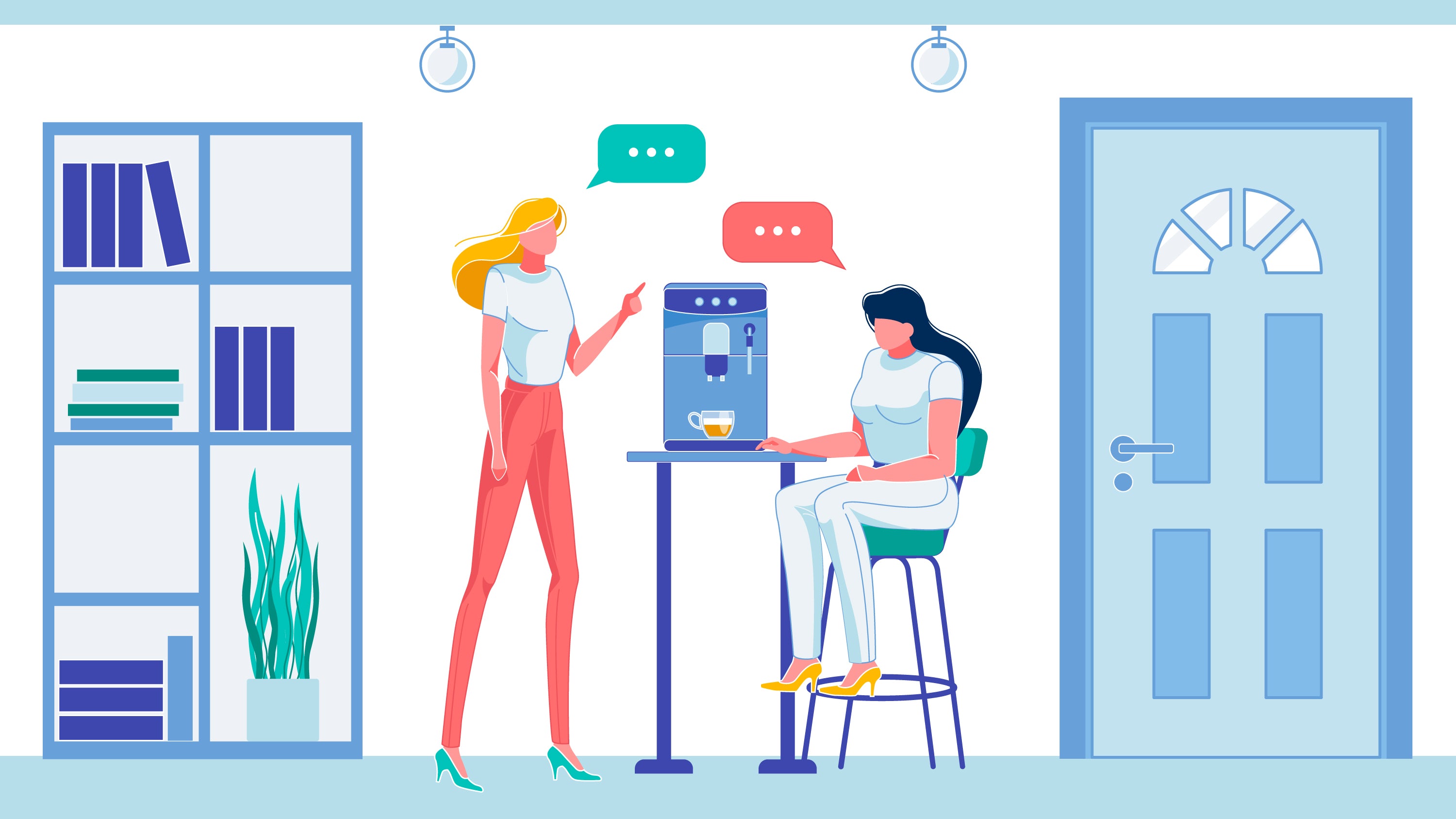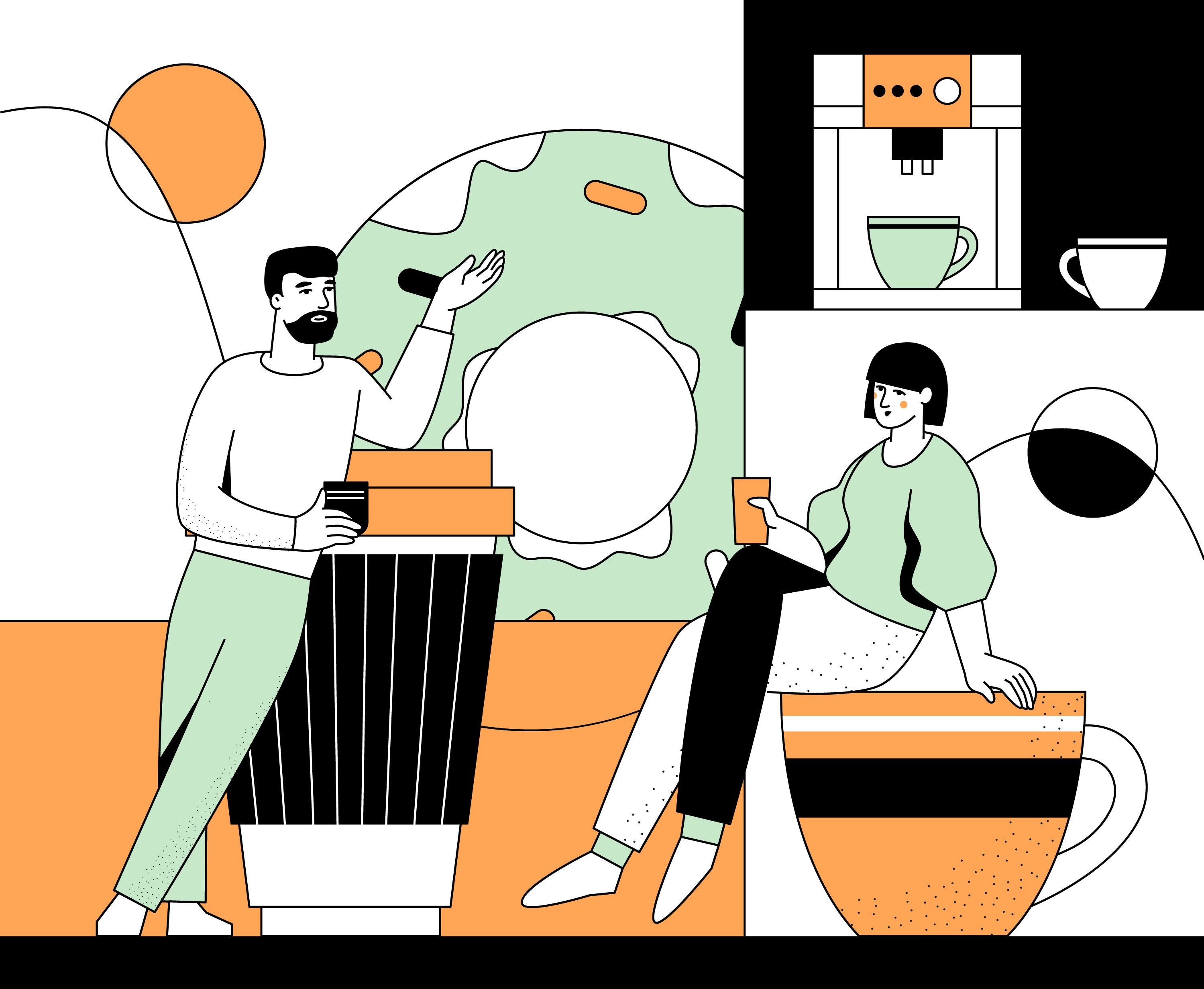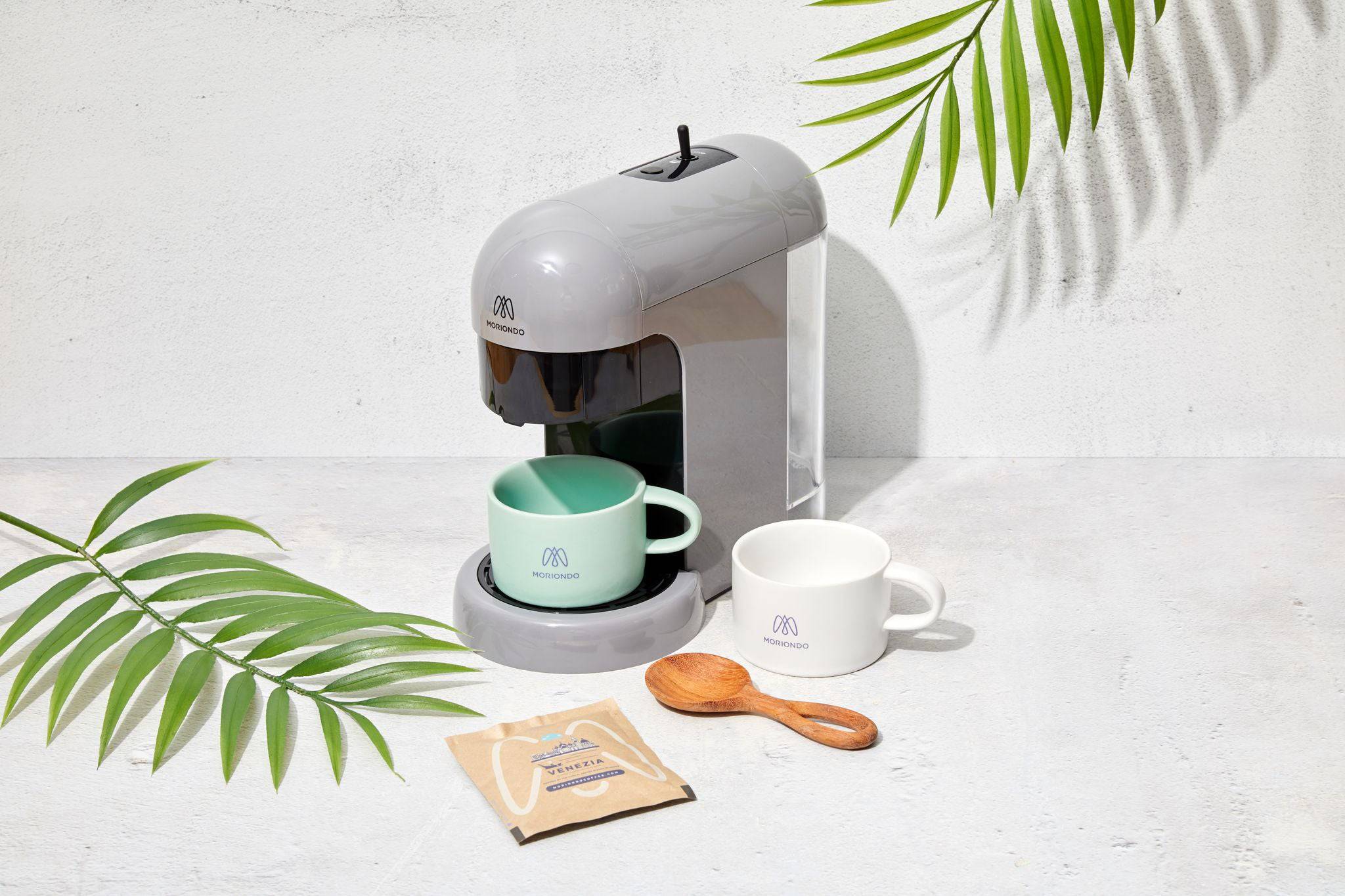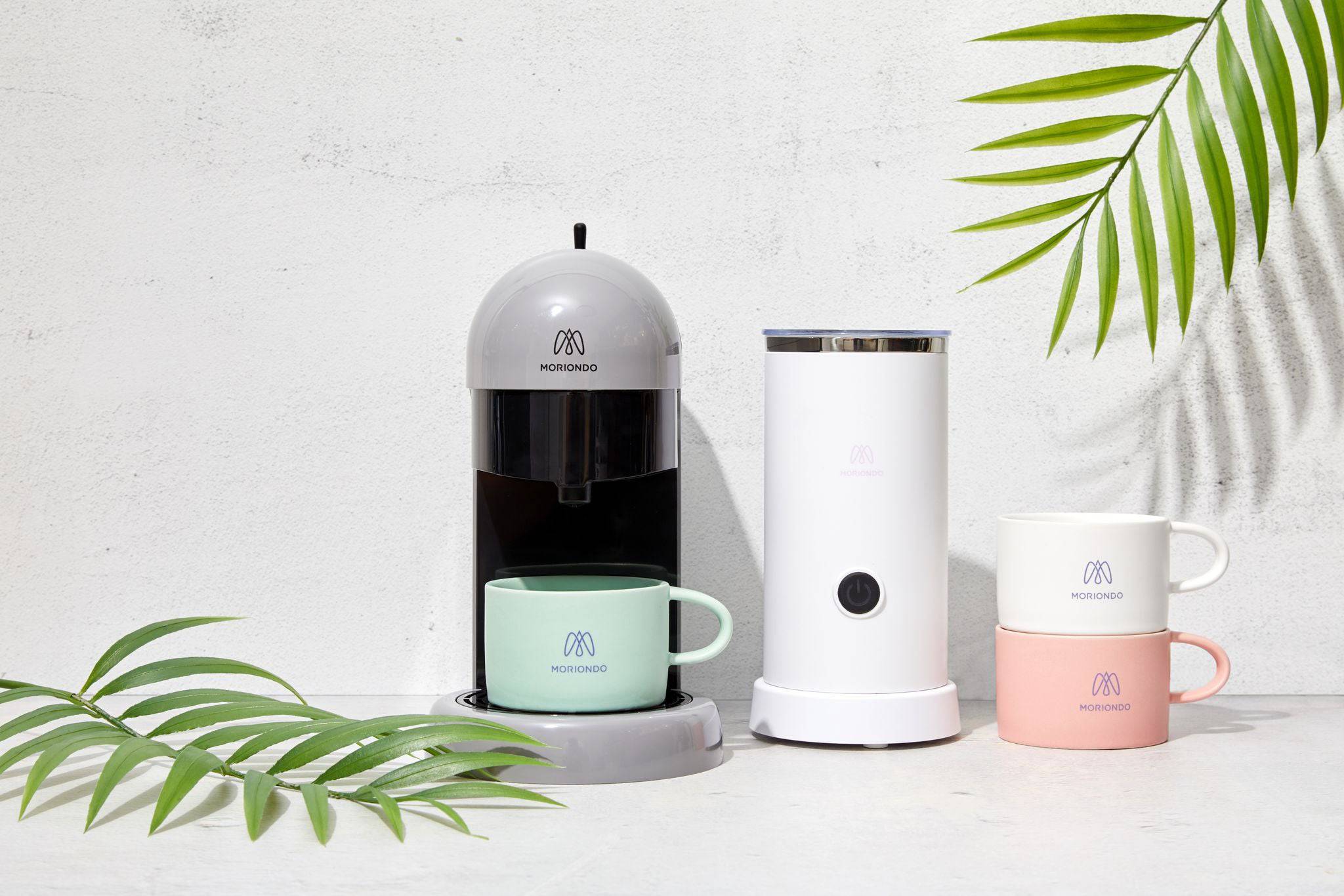The Most Comprehensive Guide on the Health Benefits of Coffee
Coffee has some amazing health benefits and there are dozens of studies that show how coffee drinking can improve your health in a variety of ways. Find out more on Moriondo's blog!
Millions of people start their day with a hot cup of coffee. Whether it’s to help them wake up or because they simply enjoy the taste,coffee is a regular part of many people’s morning routine.
But what most people don’t know is that coffee has some amazing health benefits. In fact, there are dozens of studies that show how coffee drinking can improve your health in a variety of ways.
This guide will explore all the different health benefits of drinking coffee. We’ll look at the research that supports these benefits, and we’ll also discuss how much coffee you need to drink each day to experience these benefits.
So if you’re looking for an excuse to drink more coffee, or if you just want to learn more about the health benefits of this popular beverage, keep reading!
Health Benefits of Different Types of Coffee

First, let’s talk about the different types of coffee and how they can affect your health. Generally speaking, the closer the coffee is to its natural form, the better it is for you.
Here’s a look at some of the most popular types of coffee and their associated health benefits:
Espresso
Espresso is a type of coffee that is brewed with high-pressure and very finely ground coffee beans.
It is made by forcing hot water through the finely ground coffee powder under pressure.
This process creates a concentrated and extremely flavorful cup of coffee that contains more caffeine than regular drip or filter coffee.
Espresso also has a thick, creamy texture thanks to the tiny crema that forms on top when it’s made.
There are many health benefits associated with drinking espresso:
- Espresso contains the highest concentration of antioxidants out of any type of coffee, which can help reduce inflammation and protect your cells from damage caused by free radicals.
- Because espresso is made with hot water under pressure, it preserves more of the beneficial compounds in the coffee beans than drip or filter methods do. This means that it’s possible to get more beneficial compounds like chlorogenic acids from drinking espresso than from other types of coffee.
- Espresso contains significantly more caffeine than other types of coffee, so it can provide an instant energy boost for people who need an extra jolt in their day.
However, it should be noted that too much caffeine intake can lead to headaches or jitters.
Hence, it’s important to drink espresso in moderation if you want to reap its full health benefits without experiencing any negative side effects.
Black Coffee
Black coffee is simply brewed without added milk, cream, or sugar.
Instead, it’s made by pouring hot water over ground coffee beans and letting the mixture steep for a few minutes before straining it into a cup.
This caffeinated coffee is incredibly popular worldwide, and many people prefer to drink it black because of its bold flavor and strong aroma.
The health benefits associated with drinking black coffee are numerous:
- It’s an excellent source of antioxidants that can help reduce inflammation in your body and protect you from chronic liver disease and cancer.
- Black coffee contains a moderate amount of caffeine which can give you an energy boost, as well as help improve alertness and concentration.
- Black coffee is low in calories, so it can be enjoyed without adversely affecting your health or weight.
Flat White
A flat white is a type of espresso drink that’s made with steamed milk and two shots of espresso.
It has a creamy texture and a slightly sweet flavor, making it a popular choice for those who don’t enjoy the bitter taste of black coffee.
There are several health benefits associated with drinking flat whites:
- Because it contains steamed milk, it has more calcium and protein than black coffee, which can help keep your bones strong and your muscles healthy.
- The two shots of espresso provide an energy boost as well as contain numerous beneficial compounds like antioxidants.
- The steamed milk in a flat white helps balance out the bitterness of the espresso, making it easier to drink than black coffee.
Americano
An americano is made by adding hot water to a shot of espresso. This creates an incredibly flavorful and aromatic cup of coffee with a smooth texture that can be enjoyed without any added cream or sugar.
The health benefits associated with drinking americanos are numerous:
- It contains more caffeine than regular drip or filter coffee, so it can give you an instant energy boost when you need it most.
- Because the espresso used for an americano is brewed under pressure, it preserves more beneficial compounds like antioxidants which can help protect your cells from damage.
- Because it’s low in calories, you can enjoy an americano without adversely affecting your health or weight.
Cappuccino
A cappuccino is a type of espresso drink made with steamed milk, foam, and a shot of espresso.
It has a creamy texture and a slightly sweet flavor, which makes it popular among those who don’t enjoy the bitter taste of black coffee.
The health benefits associated with drinking cappuccinos are numerous:
- Steamed milk contains calcium and protein, which can help keep your bones strong and your muscles healthy.
- The two shots of espresso provide an energy boost as well as contain beneficial compounds like antioxidants that can help protect your cells from damage.
- Because it’s low in calories, you can enjoy a cappuccino without adversely affecting your health or weight.
Decaf Coffee
Decaf coffee (decaffeinated coffee) is brewed coffee that has had most of the caffeine removed. It’s made by pouring hot water over decaffeinated ground coffee beans and letting it steep for a few minutes before straining it into a cup.
This type of coffee has become increasingly popular in recent years as people look for ways to enjoy the flavor and aroma of regular coffee without the stimulant effects of caffeine.
The health benefits associated decaf coffee intake are numerous:
- Since much of the caffeine has been removed, you can enjoy its full health benefits without experiencing any negative side effects like insomnia or jitteriness.
- Decaf coffee still contains beneficial compounds like antioxidants which can help reduce inflammation and protect your cells from damage.
- Because it’s low in calories, you can enjoy decaf coffee without adversely affecting your health or weight.
Chicory Coffee
Chicory coffee is a type of herbal beverage made from roasted, ground chicory root. It’s similar in flavor and aroma to regular coffee but without the stimulant effects of caffeine.
The health benefits associated with drinking chicory coffee are numerous.
First of all, because it’s caffeine-free, you can enjoy its full health benefits without worrying about any negative side effects like insomnia or jitteriness.
Additionally, chicory contains beneficial compounds like antioxidants which can help reduce inflammation in your body and protect your cells from damage.
Finally, because it’s low in calories, you can enjoy chicory coffee without adversely affecting your health or weight.
Cold Brew Coffee

Cold brew coffee is a type of coffee made by steeping ground coffee beans in cold water for an extended period of time.
It produces a smooth, low-acid beverage with intense flavor and aroma that can be enjoyed as is or served over ice.
The health benefits associated with drinking cold brew coffee are numerous:
Since it’s brewed using cold water, the acidity levels are much lower than regular hot brewed coffee, so it’s easier on your digestive system.
Because the steeping process takes longer than other brewing methods, more beneficial compounds like antioxidants are preserved, which can help protect your cells from damage.
Finally, because it’s low in calories, you can enjoy cold brew without adversely affecting your health or weight.
Latte
A latte is a type of coffee drink made with espresso, steamed milk, and foam. It has a creamy texture and a sweet flavor, which makes it popular among those who don’t enjoy the bitter taste of black coffee.
The health benefits associated with drinking lattes are numerous:
- Steamed milk contains calcium and protein, which can help keep your bones strong and your muscles healthy.
- The shot of espresso provides an energy boost as well as containing beneficial compounds like antioxidants that can help protect your cells from damage.
- Because it’s low in calories, you can enjoy a latte without adversely affecting your health or weight.
Health Benefits of Coffee per Gender

When it comes to gender, coffee can have different effects on men and women.
So let’s take a look at the potential health benefits of coffee for each gender:
Men
Studies have shown that drinking moderate amounts of coffee can help provide many health benefits for men.
Numerous studies have found that those who drink coffee regularly can reduce the risk of developing certain types of cancer, including prostate cancer.
A study published in the British Journal of Cancer found that men who drank four or more cups per day had a significantly lower risk of developing prostate cancer than those who didn’t drink any coffee.
Additionally, drinking moderate amounts of coffee has been associated with lower rates of type 2 diabetes, cardiovascular disease, and other serious health conditions.
Also, coffee can help with erectile dysfunction and even improve athletic performance. This is according to a study done by the American journal of epidemiology.
Women
Studies have also found that women who drink moderate amounts of coffee can also reap some health benefits.
For example, studies have shown that moderate caffeine consumption may reduce the risk of developing certain types of cancer, including breast cancer.
A study published in the International Journal of Cancer found that postmenopausal women who drank four or more cups per day had an 18% lower risk of developing breast cancer than those who didn’t drink any coffee.
Additionally, drinking moderate amounts of coffee may help reduce the risk of type 2 diabetes, cardiovascular disease, and other serious health conditions.
Coffee, especially freshly ground coffee beans, may also improve the brain’s ability to deal with neurodegenerative diseases and can even help improve your mood and energy levels.
Benefits of Coffee for Specific Problems and Body Parts
While coffee can be beneficial to your health in general, there are some specific problems and body parts that may benefit from regular consumption of this popular beverage.
The benefits of coffee for your skin
Coffee is a rich source of antioxidants that can help protect your skin from the damaging effects of free radicals.
Coffee can also help improve circulation, which can help keep your skin looking healthy and radiant.
The caffeine in coffee can also help reduce inflammation, which can be helpful for conditions like rosacea and acne.
Coffee is also a natural exfoliant, so it can help remove dead skin cells and reveal a brighter, more youthful complexion.
The benefits of coffee for your hair
Coffee can be beneficial to your hair in a number of ways.
The antioxidants present in coffee can help protect your hair from free radical damage, while the caffeine can stimulate circulation, which can help promote healthier and stronger hair growth.
Additionally, the natural exfoliating properties of coffee can help remove buildup from styling products, helping to keep your hair looking and feeling healthier.
The benefits of coffee for weight loss
Studies have shown that drinking coffee can help with weight loss by increasing metabolism and suppressing appetite.
The caffeine in coffee can stimulate your central nervous system, which helps to boost your metabolism, meaning that you burn more calories throughout the day.
Additionally, the antioxidants in coffee can help to regulate blood sugar levels which can help control cravings.
The benefits of coffee for your heart
Drinking moderate amounts of coffee has been associated with lower cardiovascular disease and stroke rates.
The antioxidants in coffee can help reduce inflammation, a risk factor for heart disease, while its caffeine content can help improve circulation and boost your cardiovascular health.
Additionally, drinking coffee may help protect against arterial plaque buildup which can lead to heart attack or stroke.
Coffee vs. Tea
Coffee and tea both offer numerous health benefits, but they are quite different in terms of composition, taste, and effects.
Coffee is made from roasted coffee beans that have been ground and brewed with hot water. It contains caffeine, which provides a boost of energy.
Tea is made from the leaves of the Camellia sinensis plant and is brewed with hot water.
It does not contain caffeine, but it is rich in polyphenols and other antioxidants that can help protect against disease.
In addition, coffee tends to be stronger and more bitter in taste than tea, while tea is typically lighter and more subtle.
In terms of health benefits, both coffee and tea offer similar benefits, such as reducing the risk of certain diseases, improving mood and energy levels, and protecting against oxidative damage.
Ultimately, it is up to the individual to decide which one they prefer.
Conclusions
Coffee is a rich source of antioxidants and other beneficial compounds that can help improve your health in a number of ways.
While coffee may have some negative effects for some people, the majority of research shows that moderate coffee consumption can provide a range of health benefits.
When you drink coffee, you are less likely to suffer from problems like skin damage, hair loss, weight loss, Alzheimer's disease, and heart disease.
So if you’re looking for an easy and healthy way to boost your overall well-being, consider adding a few cups of coffee to your daily routine.
Good Tasting Coffee: How to Identify Coffee Flavors

In order to appreciate the different types of coffee available, it's important to cultivate an awareness of its unique characteristics. Let's take a look at the way coffee connoisseurs judge different cups of coffee.
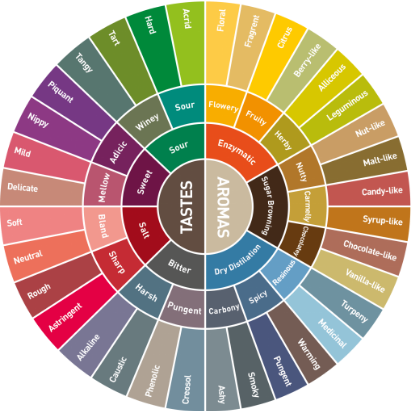
Aroma
The scent of a cup of coffee has a direct influence on how we perceive its flavor. As you drink coffee try to notice if the scent is smoky, fruity, earthy, spicy, nutty or grassy.
Acidity
One of the most defining characteristics of a cup of coffee is its acidity. This is the sharp, bright tangy quality of coffee that perks up our senses. Coffee doesn’t necessarily contain just one type of acid, either. It may contain citric acid, malic acid (fruity in flavor) or even quinic acid from stale coffee, which gives us stomach aches.
Body
This is the weight, thickness and texture of coffee in your mouth. The body of different types of coffee falls on a spectrum of light- to full-bodied viscosity (thin to thick).
Flavor
This is where comparisons come in handy and there is some overlap between aroma and flavor. Your coffee might taste bitter, sweet, savory or sour with common comparisons to chocolate, wine or fruit.
Related Posts

